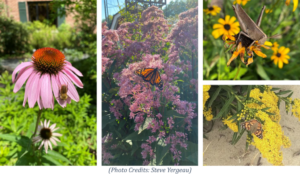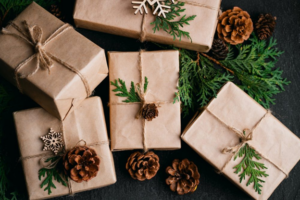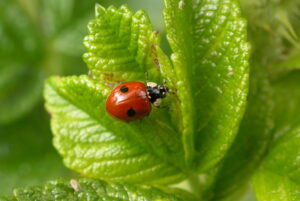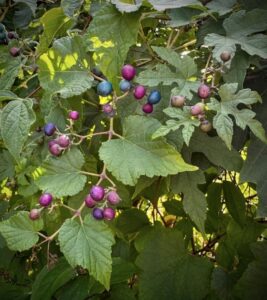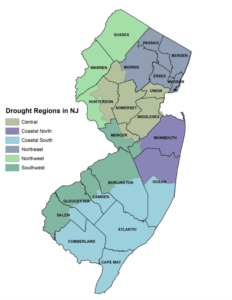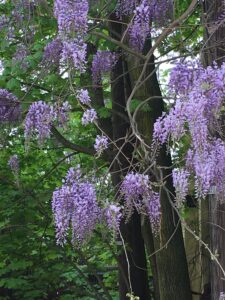Main Content
Steve Yergeau County Agent II, Rutgers Cooperative Extension of Ocean and Atlantic Counties Link to pdf: https://salem.njaes.rutgers.edu/wp-content/uploads/2026/02/Earth-Day-Every-Day-February-2026.pdf Just like some couples need assistance from Cupid for Valentine’s Day, plants need help during pollination from pollinators like birds and insects. Pollination is the act of moving pollen grains in a flower from the anther (male part) […]
